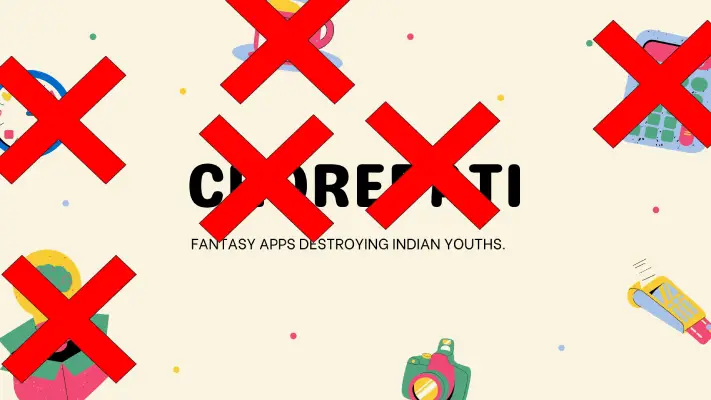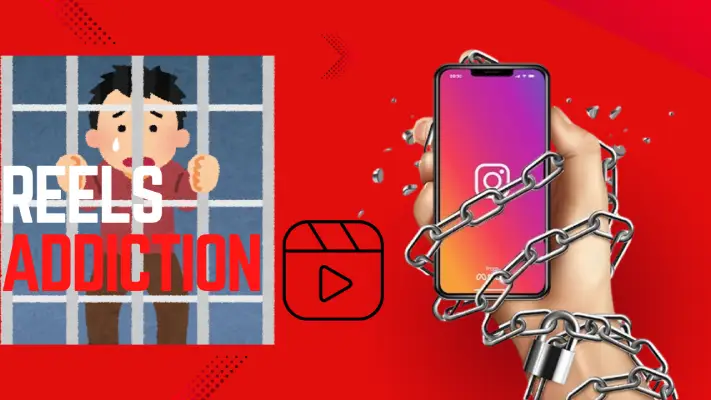Introduction
Cricket is very popular in India, whether children, old or young, everyone likes this game very much. Earlier, when people used to watch it just for entertainment, today people want to earn money from it and it has also been legalized in India. We can also call it legal betting. By naming it fantasy cricket, most of the youth of the country have also become addicted to it.
Now they do not see the match from the point of view of entertainment, but only consider it a way to earn money and it is not their fault because fantasy cricket has given a lot to many people, like Anurag Dwivedi, who made property worth crores by using his mind and knowledge of cricket. But everyone cannot be Anurag Dwivedi, everyone’s life is different, everyone’s life has challenges, so today let us understand in detail the illusion of this fantasy cricket.
The Rise of Fantasy Cricket Apps in India
Fantasy sports platforms like Dream11, MPL, and My11Circle have emerged due to the advancement of digital technology and the reach of the internet. These apps allow users to create virtual teams, accumulate points based on player performance, and win real money. Cricket is the most popular sport in India, played by millions of young enthusiasts daily.
Celebrity and cricket players’ endorsements are used to make these platforms look reliable and profitable, but many users experience more losses than benefits. Most of the youth are wasting their precious time doing better productive work elsewhere and investing their time and money in much better things.
How Fantasy Cricket Apps Are Harming Indian Youth
Fantasy cricket apps, based on gambling principles, can lead to addiction, mental health issues, financial losses, and debt traps. The dopamine rush from winning and the fear of missing out (FOMO) can drive young users to keep playing despite continuous losses, leading to stress, anxiety, and depression. Losing money often causes frustration and low self-esteem, leading to mental health disorders.
Financial burdens are another significant consequence of fantasy cricket addiction. Many users start with small investments but as losses pile up, they invest more to recover what they have lost, resulting in massive debts. This lack of awareness and financial literacy makes young users vulnerable to these platforms, leading to long-term economic instability.
As fantasy cricket addiction grows, students and professionals struggle to focus on their academics, leading to missed lectures, failing exams, or dropping out of college. Working professionals also experience productivity declines, job losses, and career setbacks due to their fixation on gambling-like behaviors.
Social and family conflicts arise from fantasy cricket addiction, as parents may not be aware of their children’s excessive online spending habits until it’s too late. Young individuals engaged in fantasy sports often isolate themselves, prioritizing virtual teams over real-world relationships, causing emotional detachment from loved ones.
Fantasy cricket apps create an illusion of easy money, but only a small percentage of users win consistently. Complex algorithms and psychological tricks make winning difficult for average users, leading to financial losses.
Fantasy cricket apps operate in a grey legal area, escaping regulation by branding themselves as “games of skill.” Critics argue that these apps exploit the naivety of young players and should be subjected to stricter laws to prevent financial and social damage.
The Need for Awareness and Regulation
- Educational institutions, non-governmental organizations, and media outlets should run public awareness programs and teach youth about financial literacy and betting-like behaviors in order to fight fantasy cricket addiction.
- Like gambling rules, the government should impose stringent regulations on fantasy cricket apps to shield users from financial exploitation.
- Parents must keep a close eye on their kids’ internet activity and teach them about the dangers of gambling online.
- Educational institutions ought to support alternative pastimes like athletics, music, reading, and skill development to give students a constructive outlet for their interests.
Conclusion
Fantasy cricket apps, despite appearing harmless, have a significant negative impact on Indian youth, leading to addiction, financial distress, and social isolation. It is crucial for individuals, families, and authorities to recognize these dangers and take collective action to prevent the destruction of young lives. Promoting awareness, enforcing regulations, and encouraging productive activities can help safeguard India’s youth’s future.














